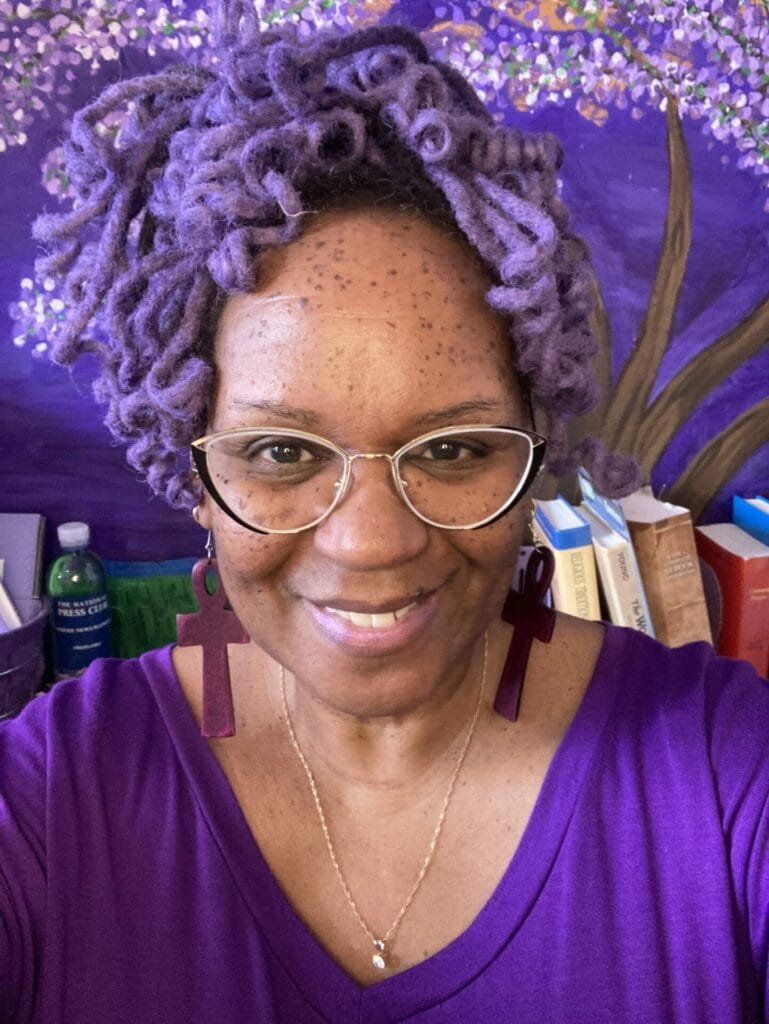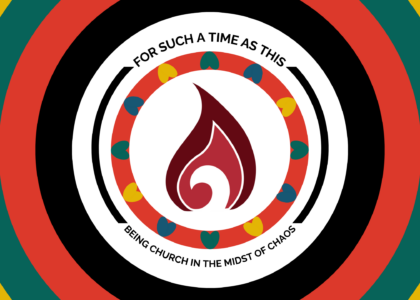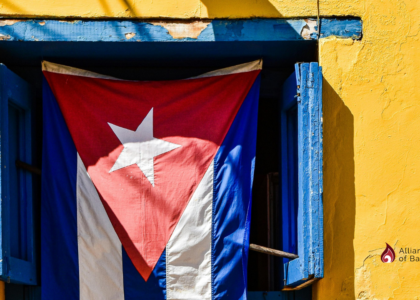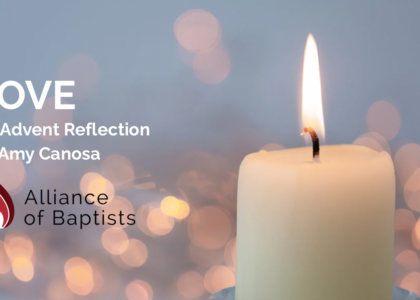By Raedorah C. Stewart
Indigenous Peoples Land Acknowledgement: Being that Galveston, Tex., is the epicenter of Juneteenth, I acknowledge the Karankawa Indians: the Coaques, the Copanes, and the Carancaquacas, of which is also my maternal grandmother’s lineage. It is important to the following narrative because many have never heard these names, and many others have worked to erase these names from conversations about the insidious evils of colonization and American history. We must not historicize indigenous peoples’ existence and sacrifice for us to live to continue the universal human right to freedom. As a direct descendent of Texas indigenous tribes, I speak for the dispossessed and call their names as progenitors of liberty and justice for all. ~rcs
In 2023, organizers of a Juneteenth celebration in Greenville, South Carolina, featured white models in its advertising mediums. SELAH
Upon seeing this egregious cultural appropriation, my SELAH was necessarily very long. I wanted to rage, but most wanted to emotionally experience my feelings and intellectually process my thoughts before speaking truth to power. Honestly, though, I cussed and cursed, cried and sighed, hoped and hated in cresting waves. I had questions and I offered answers to why gentrification of this sacred holiday for Black Texans was wounding and worrisome, aka a racist aggression and ignorant microaggression. My response then was to join the cacophony of email and internet voices of resistance and education. My response now is empowered by Rizpah, a wife taken as a power pawn and a grieving mother of two murdered sons.
Rizpah’s story is not a popular preaching pericope. Not at all surprising, very much like most stories in the canonized books where a woman’s actions and agency are minimized and likely missing. However, I am inspired by Rizpah’s stamina, determination, and tenacity to fend off predatory vultures from devouring the flesh of her state-executed sons left to decay in the open air. Biblical scholars number her days of swatting away flying fowls and sleeping on the ground beneath her sons’ battered bodies between four to six months. Her sons’ state-sanctioned murder was to pay a vow they had absolutely nothing to do with making. In the heat of sunny days, Rizpah was there. In the deluge of rain, Rizpah held her ground. In the starless nights and seasons changing, Rizpah determined not to abandon her sons to an unfortunate fate dealt them. While there is no whoop in this narrative, I posit that there is hope. Celebrating Juneteenth is Rizpah refusing to concede to the powers who made her grieve.
And today, like Rizpah, I refuse to passively watch my ancestors’ lives and my inherited joy be consumed by capitalist greed in word or deed. Celebrating Juneteenth for the Texan and Black people in the USA diaspora demonstrates Rizpah’s hope that no matter the attempts to destroy our identity and murder our future, as long as we have breath in our collective body, we will prevent cultural appropriation of this sacred social celebration.
As a native Texan, New Year’s Day 1863 was not an afterthought to emancipation narratives. President Abraham Lincoln signed the Emancipation Proclamation in September 1862, not out of altruistic benevolence but to mitigate the economic impact of Confederate states’ resistance to the idea that ending the Civil War would put an end to slavery. (As an aside, Lincoln is not the liberator of Black people that colonized American history intends.) While Lincoln’s order was to go into effect three months after passing—just long enough for enslaved Africans to work the Fall harvest and stock winter silos—getting the word to the most southern of states did not come to bear until over a year later. Getting this freedom message to the high-yield markets of cotton, rice, wheat, corn, and other crops is but another historical record of systemic racism. I can’t believe it took over 433 days, four seasons, and three planting and harvesting yields to deliver this news.
But, once the emancipatory news was delivered in Galveston, the coastline city adjacent to my hometown of Houston, I imagine my great-grandparents and grandparents joining the ring shout, singing songs of hope that kept them human under the past 400 years of inhuman treatment by the ancestors of the white models on the South Carolina Juneteenth advertising.
And today, like Rizpah, I refuse to passively watch my ancestors’ lives and my inherited joy be consumed by capitalist greed in word or deed. Celebrating Juneteenth for the Texan and Black people in the USA diaspora demonstrates Rizpah’s hope that no matter the attempts to destroy our identity and murder our future, as long as we have breath in our collective body, we will prevent cultural appropriation of this sacred social celebration.
Imagine with me that when we dance on Juneteenth, our arms flailing in praise and feet stomping in krumping are Rizpah’s ways of keeping vultures from criminalizing our flesh. Imagine inspiring oratories and compelling storytelling energizing younger generations of God’s faithfulness despite human’s hatefulness. Imagine bellies full of good food and unbridled laughter out of view of the white gaze. Imagine a day of hope that is still yet to come.
I imagine folk thought Rizpah had lost her mind standing guard over her dead sons—since they were already dead, what would she gain by keeping their flesh from being consumed by vultures? But Rizpah refused to let her sons’ murder become yesterday’s news. Her audacity to preserve their humanity until withered by the elements is how passionately observers of Juneteenth celebrate all vestiges of our existence—on our terms, in our ways, in our time. Juneteenth, some have recently begun calling it America’s Second Independence Day, is the oldest African-American holiday. As such, I am bound to speak truth to power that this sacred cultural day not be absorbed into America’s colonized history-telling. Every word I write is Rizpah keeping watch by night and fending off the adversaries to Black people’s existence by day.
Celebrating Juneteenth is remembering hope and resisting hate. SELAH. Celebrating Juneteenth is how Black people in America refuse to concede to the powers who are determined to make us grieve our past, present, and future. SELAH. Unless you are sons and daughters of Rizpah, celebrating Juneteenth should be by invitation only. SELAH.

Rev. Dr. Raedorah C. Stewart (she/her) is a womanist scholar, professor of world religions, and serves on the ministerial team at Alliance congregational partner Covenant Baptist United Church of Christ (Washington, DC). She earned the Doctor of Ministry (Spirituality and Story) from Wesley Theological Seminary(Washington, DC) and a Master of Christian Leadership (Ministry to the Laity) from FullerTheological Seminary (Pasadena, CA). Her bi-vocational career includes over three decades in Diversity, Equity, and Inclusion leadership/consulting and academic editor of iWriteSolutions LLC. Stewart’s embodied scholarship focuses on faith and disability; liberation theologies(womanist, mujerista, queer, and First Nation); and ethnography as a methodology for marginalized persons.





Recent Comments